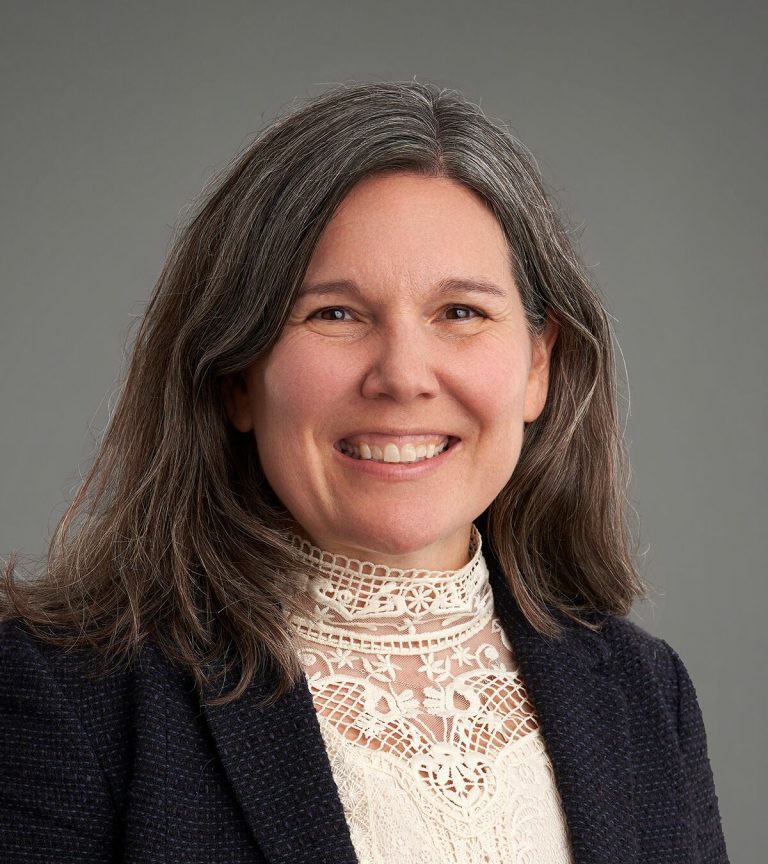The Dobbs Decision has significantly impacted women’s health care, particularly in states with abortion restrictions. Medical school and Ob/gyn residency applications have declined in these states, contributing to a shortage of practitioners. This exodus of Ob/gyns from already under-served areas like Idaho, Texas, and Louisiana exacerbates healthcare disparities. Additionally, the decision threatens the availability of infertility and cancer care in these regions, further complicating women’s access to comprehensive medical services. Join HealthAdvocateX for an educational discussion of this topic.
Learning Objectives:
- Since Dobbs, fewer students are applying to medical schools in abortion-restricted states
- The same is true for Ob/gyn residency applicants
- Ob/gyn’s are leaving practices in already under-served areas (Idaho, Texas, Louisiana)
- Infertility and cancer care are also at risk in abortion-restricted states
About the Presenter:

Lisa M. Barroilhet, M.D. – Dr. Barroilhet is an Associate Professor with tenure in the department of Obstetrics and Gynecology at the University of Wisconsin School of Medicine and Public Health. She completed her four-year residency in obstetrics and gynecology at University of North Carolina-Chapel Hill. After finishing her residency in 2009, she completed her three-year clinical and research fellowship in gynecologic oncology at Brigham and Women’s Hospital in Boston, Massachusetts. Dr. Barroilhet joined the University of Wisconsin Department of Obstetrics and Gynecology in 2012, where she currently serves as the director of translational research. She previously served as the interim chair of Obstetrics and Gynecology in 2022. She has been the recipient of the NCI Clinical Care Team Leadership Award, a K12 career development award, and is currently a GOG Scholar Investigator. Her laboratory is currently funded by the NIH and focuses on the use of small molecule inhibitors to prevent ovarian cancer.
